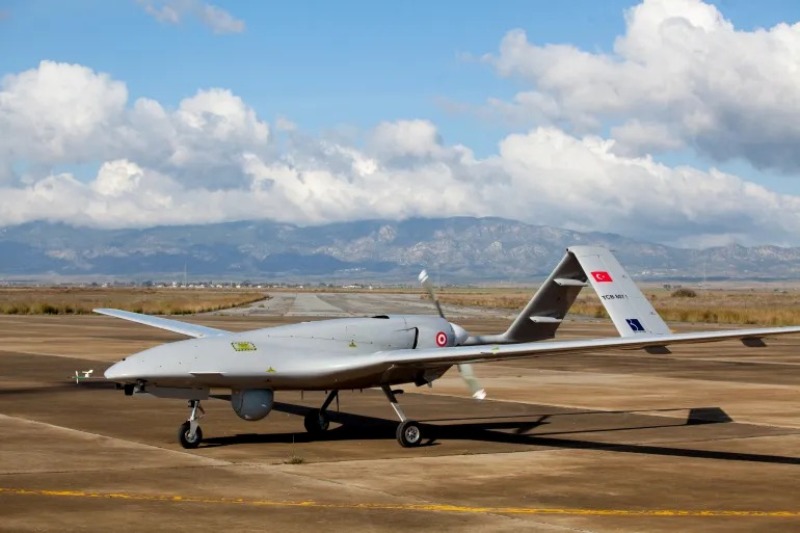The Bangladesh Army, which may soon involve itself with US-backed military operations in Myanmar’s Rakhine State, is on an overdrive to strengthen its weaponry, including drones and anti-drone systems, documents in the possession of Northeast News reveal.
An April 10 “restricted” office order issued by the Armed Forces Division under the Prime Minister’s Office shows that five Army officers, led by a major general, met representatives of Fushan Electronic Technology Ltd to discuss the technology transfer for unmanned aerial vehicles and anti-UAVs.
In order to attain such drone technologies to then indigenously develop their own products, including AI-based UAVs and anti-UAVs, the Bangladesh Army sent a team of five officers led by Major General I K M Mostasehnul Baqi and comprising three brigadiers and a captain to China, between April 13 and 18, to explore the possibilities of technology transfer for building military drones domestically.
Bangladesh possesses some Turkish-made drones, including the Bayraktar TB-2 variant, which were deployed along the India-Bangladesh border across the Meghalaya sector in December 2024. While the sightings were few and far between, the surveillance-capable UAVs were said to have conducted some sorties within Bangladeshi airspace.
At that time, Indian intelligence agencies as well as the Border Security Force (BSF) observed that some of the drone missions lasted over 20 hours at a stretch, a phenomenon that sources said was “unusual”.
Earlier this month, Major General Jahangir Alam, Director General of the Directorate General of Forces Intelligence (DGFI), was in Spain for an international conference of intelligence chiefs of several countries, including Turkey and Pakistan.
He is said to have exclusively met the head of Turkey’s Milli Istihbarat Teskilati or the National Intelligence Organization and explored the possibilities of greater military cooperation between the two countries, including purchase of equipment for intelligence gathering. These deliberations “could have focused on acquisition of military-grade drones”, Indian defence sources said.
Turkish drone capabilities are highly advanced, encompassing both tactical and strategic unmanned aerial vehicles (UAVs) with capabilities for both reconnaissance and strike operations. They have been used in several recent and ongoing conflict zones across the world.
Some of the key Turkish drone programmes include the Bayraktar TB-2, the Bayraktar Akinci and the Anka series, with the TB2 and Akinci gaining global recognition for their performance in various conflict zones, including Ukraine.
The Bayraktar TB-2 variant is a medium-altitude long-endurance unmanned combat aerial vehicle (UCAV) capable of remotely controlled or autonomous flight operations.
It is manufactured by the Turkish company Baykar Makina Sanayi ve Ticaret AŞ, primarily for the Turkish armed forces. The Bayraktar TB-2 can attain flight duration of over 27 hours and fly at a maximum altitude of 22,000 feet. They are capable of uninterrupted flying for up to 300 kms.
The system consists of Bayraktar TB2 Armed/UAV platform, ground control station, ground data terminal, remote display terminal, advanced base with generator and trailer modules. They are capable of conducting intelligence, surveillance and reconnaissance (ISR) and armed attack missions.
Besides, the Bangladesh Army uses Turkish artillery guns that are positioned along its borders with Myanmar.















